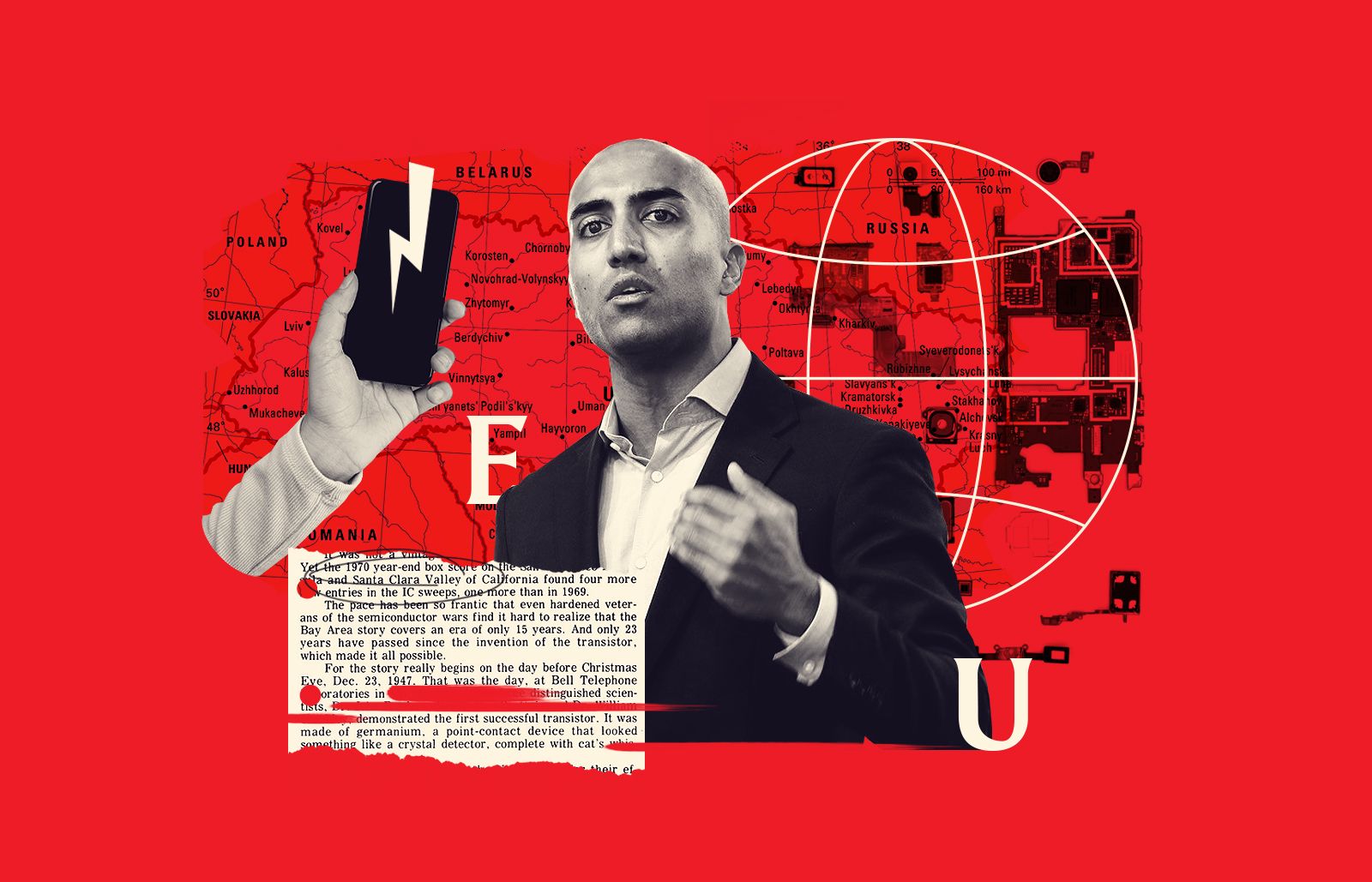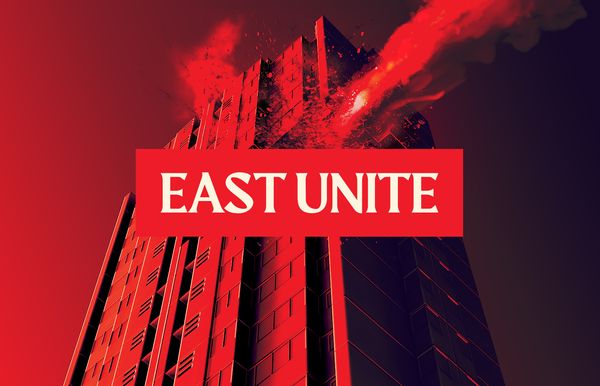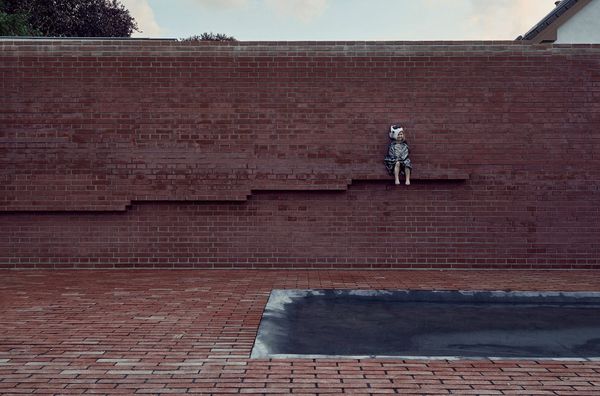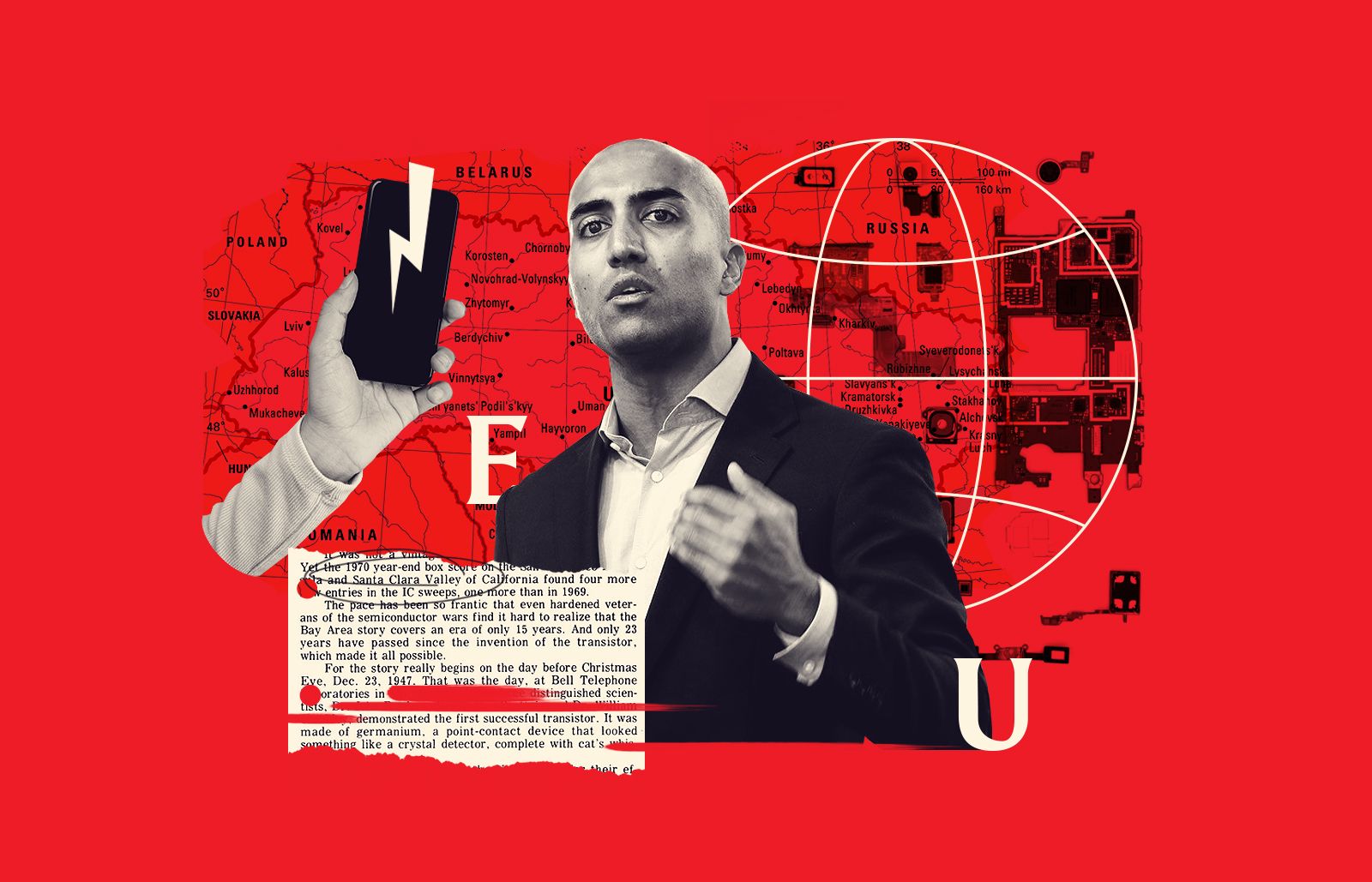This conflict is being waged in the cyber and digital spheres, as much as on the ground–says Abishur Prakash geopolitical futurist to Hype&Hyper, who we spoke to about the changing geopolitical landscape, the war in the digital space and Europe’s new digital Iron Curtain in the context of the Russia-Ukraine war.
How do you see the current digital security situation in the Central and Eastern European region and what are the effects of the conflict on the tech and digital sphere?
The situation in Central and Eastern Europe is challenging as the digital platforms and services that integrated all of Europe are shuddered in Russia. From MasterCard and Visa to Apple Pay to Bolt, the West is using technology to “wall off” Russia—and isolate it. This is leading to a bifurcation in Europe and the world. The West is pursuing a complete decoupling from Russia, and Western firms–especially technology companies–are supporting this.
How serious are the global hacker attacks? Russian websites are under constant attack, but so are some Western companies, British Airways was down for almost 2 full days. Does it mean a change, a new wave or methodology of wars?
With all the attention on the humanitarian disaster in Ukraine, the true nature of the Ukraine conflict is being overlooked. From videos on TikTok to deepfakes of Ukrainian troops to cyber attacks on multinationals, this conflict is being waged in the cyber and digital spheres, as much as on the ground. And, the cyber attacks that are taking place are unprecedented. An attack on Toyota took all Toyota plants in Japan offline for 24-hours. The cyber attacks being launched in this conflict are having a crippling effect, and are not isolated or infrequent. The events that are transpiring in Ukraine are creating a new “blueprint” for how future conflicts should be fought–especially with cyber warfare and AI.

How do you see the world after the conflict? Will the digital iron curtain be complete? What can be achieved by a complete blocking of Russian media?
The world has permanently changed because of the Ukraine conflict. The steps the West has taken against Russia, like with SWIFT, have destroyed the chances for a détente. A new status quo is emerging where technology is creating new “barriers” in Europe, separating the West and Russia. This is the Vertical World in action. Every nation, including Hungary, will have to adapt to this new reality, as it will affect everything from trade to politics to culture. As time passes, these new walls will become a Digital Iron Curtain. This is because Russia will be forced to supply the technology platforms and services it has lost. The Russian government will not want to rely on Western technology again, and will instead develop local alternatives, cooperate with China, etc. The bans on Russian media are less about impact and more about optics. The Western governments are taking a holistic approach to unplugging from Russia, and this includes media.
Abishur Prakash is a co-founder and geopolitical futurist at the Center for Innovating the Future (CIF), an advisory firm based in Toronto, Canada. He is the author of five books, including his latest book, “The World Is Vertical: How Technology Is Remaking Globalization.” Prakash is also an Advisory Board Member of the Budapest Centre for Long-Term Sustainability (BC4LS), a new think tank focused on sustainable ideas and policies.


Our answer: EAST UNITE

Ukrainian designers we won’t let out of sight II.










